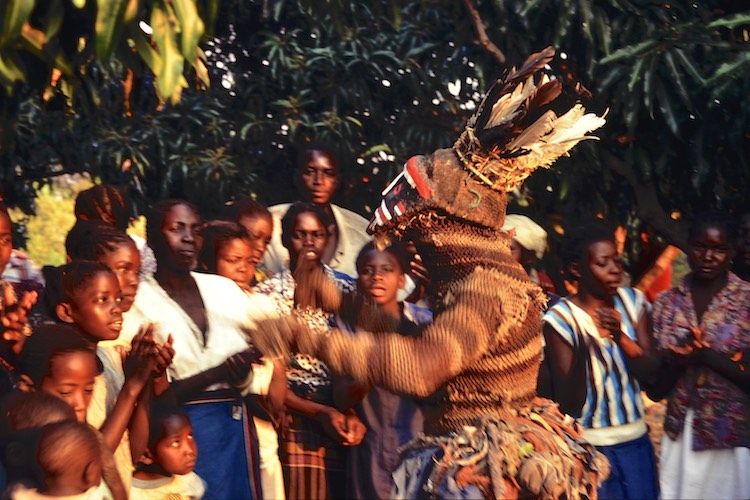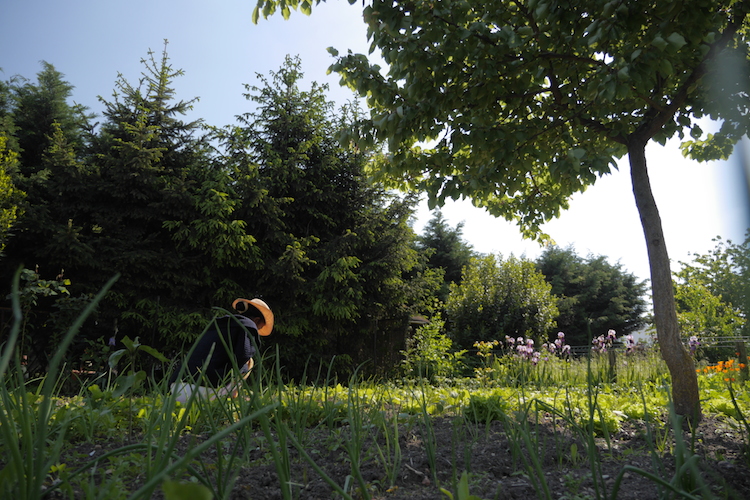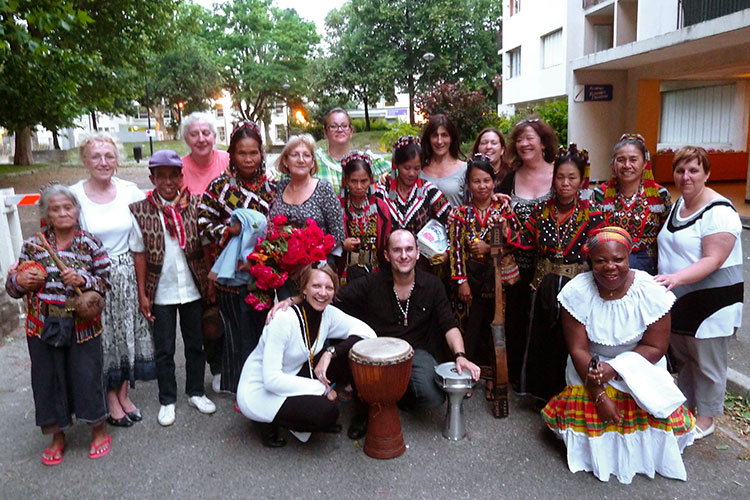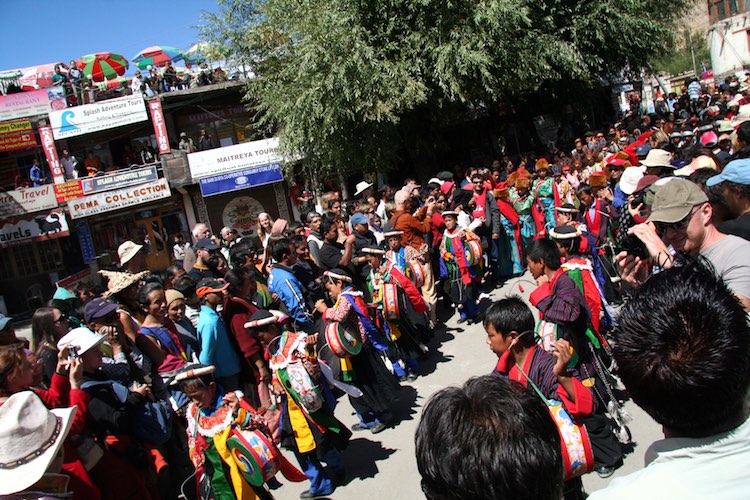BIOGRAPHY
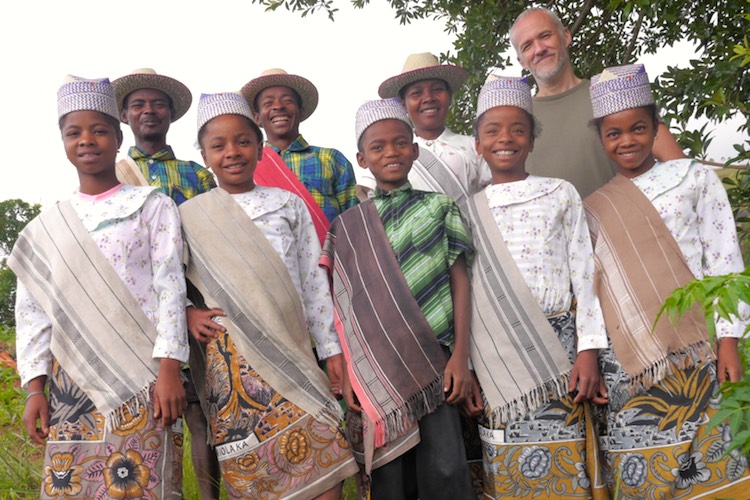 Anthropologist
Anthropologist graduated from the EHESS (School of Advanced Studies in the Social Sciences, Paris, France), I have been exploring the intersecting fields of political anthropology and cultural history for the past twenty-five years, by sharing the life of indigenous, rural and urban people on several continents.
I am currently doing
research on the social organization of a peasant community in Madagascar and its relationship to the State and the world.
Combining
social sciences and creative projects, I have carried out a series of innovative research and cultural action initiatives with communities of various sizes (from villages to large cities). In 1998, I founded ALTAMIRA, an international cultural action project for which I managed various
human and musical adventures in Asia and Africa as well as in my home town of Saint-Denis in France. These projects have resulted in many films, records and live performances highlighting the cultural resources of the local participants.
These multiple fields of action allow me to share
a vision of humanity and the world nourished by what I have learned from the men and women I have met all over the world.


![]()

![]()





![]()
![]()
![]()
![]()
![]()
![]()
